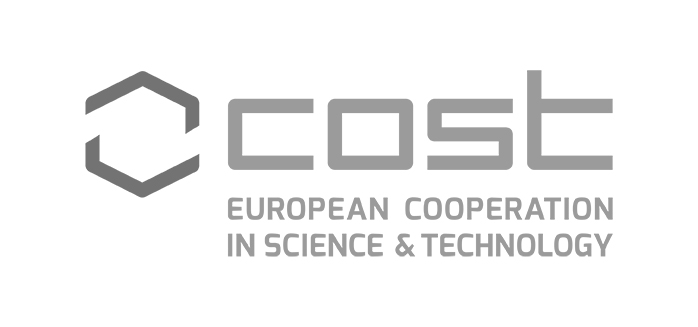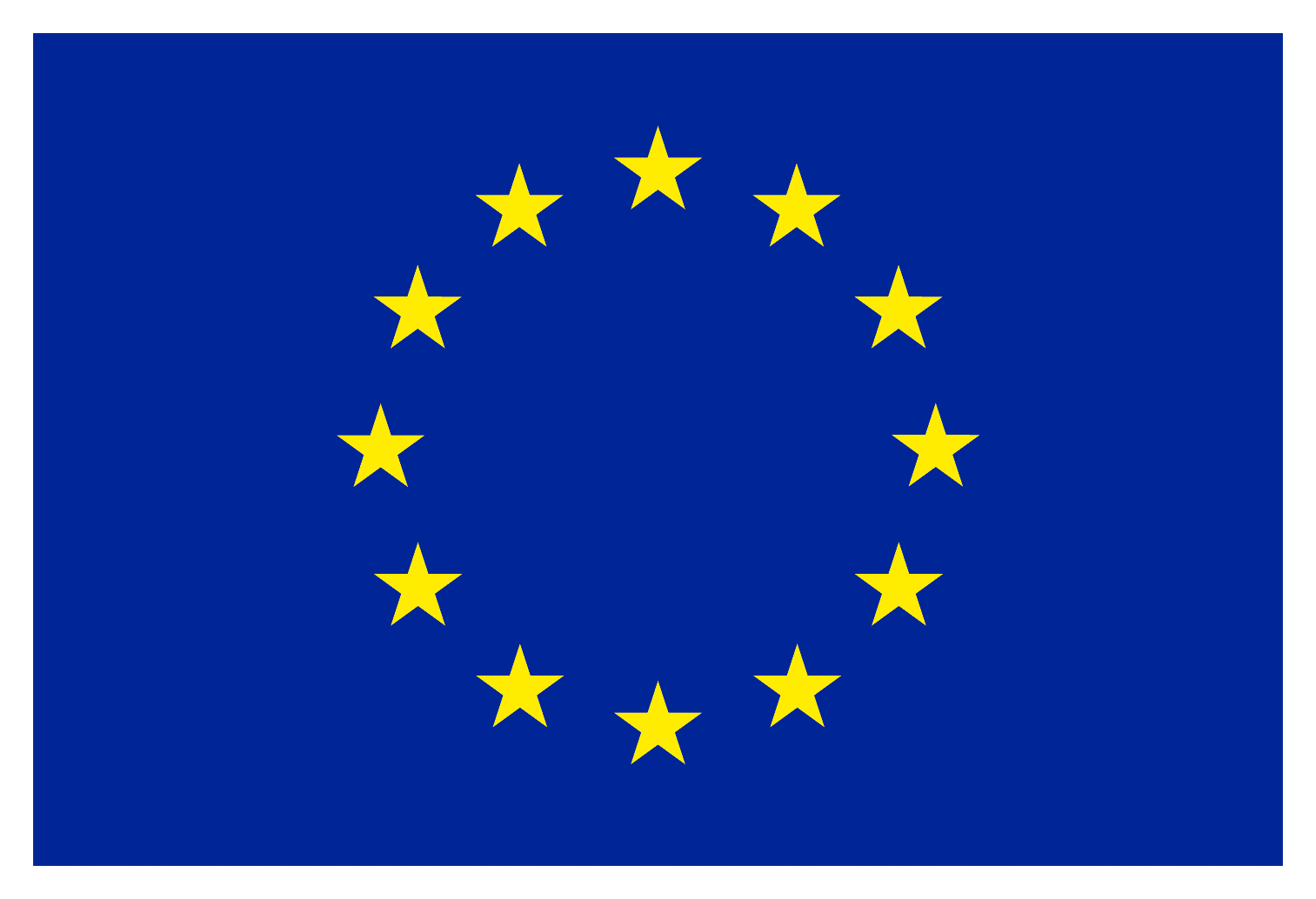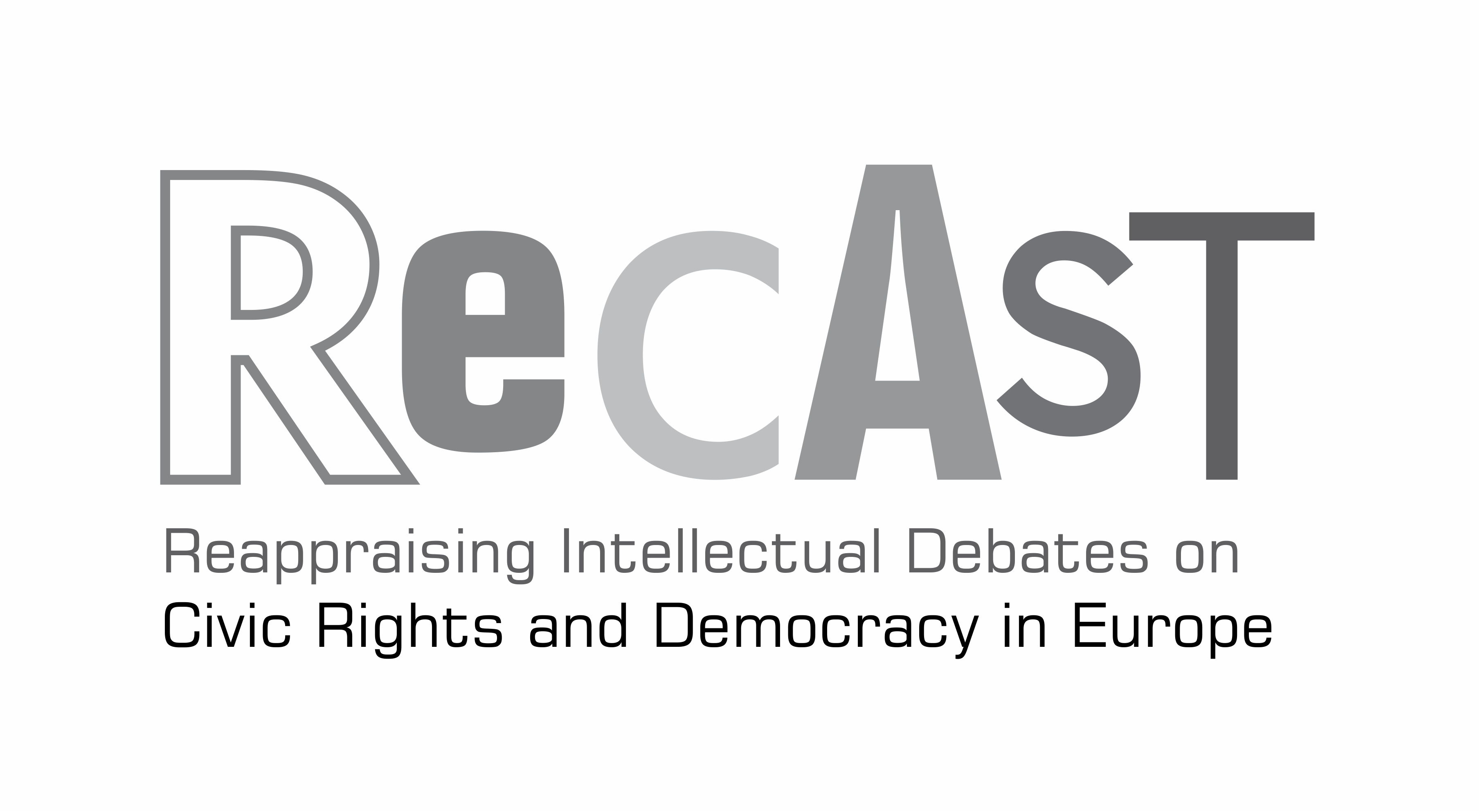WG 1 Workshop 2
COST Action CA 16211 RECAST
Reappraising Intellectual Debates on Civic Rights and Democracy in Europe
Practices 2
Co-organised by the Department of History at Central European University, this second workshop of Working Group 1: Practices, of COST Action RECAST, is scheduled for 19-20 September 2019 in Budapest.
Convened by Meike Schmidt-Gleim (Academy of Fine Arts Vienna) and Ruzha Smilova (Centre for Liberal Strategies and Sofia University) and Balázs Trencsenyi (Central European University), it focuses on New Forms of Social and Political Mobilization: Reinventing Democracy and Civic Rights?.
Report
The workshop explored innovative forms of social and political practices and looked for alternative practical articulations of social and political models to what since the end of the communist era seemed like a system without alternatives: the neoliberal market-driven society. It analysed the potential of social, political and legal, formal and informal, practices to reinvent and reinvigorate the fruitful link between democracy and civic rights at the national and European levels.
The workshop attracted submissions by young and senior scholars from universities across Europe. Altogether seventeen papers were presented by participants from more than fifteen countries.
The contributions have been very knowledgeable, informative and heterogeneous, including a site visit and a panel discussion with local activists, as well as experimental interventions. The subsequent discussions have been lively and fruitful interrelating the different perspectives and crystallising the main issues and focal points of discussion. Interesting to observe have been the divergent perspectives and disparate problematics of the current situation of democracy: the neoliberal in the Western Europe and the ‘illiberal’ democracy in Eastern Europe.
The first Panel, New Movements and Counter-Movements: Between Neoliberalism and Illiberalism, chaired by Jussi Kurunmäki, discussed the complex new movements and counter-movements that emerged to counter neoliberalism (in Westen, Northern and Southern Europe) and illiberalism (in post-communist Central and Eastern Europe). Renáta Uitz’s presentation, “The Urban Landscape of Illiberalism: Erasing Traces of Dissent from the Public Square”, gave us a visual tour on the symbolic struggles over public space in Hungary and Poland. Vasil Gluchmann’s presentation, “New Civic Movements in Slovakia”, recounted the recent oppositional movements born out of the murder of a critical journalist and his partner. And Gonçalo Marcelo presented in “Progressive Politics within the EU’s Fiscal Orthodoxy: Lessons from the Portuguese ‘Contraption’” how the Portuguese countered austerity rules from the EU yet managed both to recover economically and not fall in the national populism trap.
The workshop participants were then invited to a panel discussion at Aurora – an independent community centre in Budapest, a meeting place for political activists and cultural activities. We had a panel discussion with representatives of human rights NGOs. The panelists were András Kádár, Hungarian Helsinki Committee; Pavel Antonov, Blue Link; Áron Demeter, Amnesty International – Hungary and Adam Schönberger, Aurora and their conversation was moderated by Renáta Uitz. The panelists shared their views on the situation in Hungary with respect to basic human rights such as free speech, freedom of assembly, minority rights. They also presented some of the activities their organisations undertake to continue promoting human rights and democracy.
The second day began with three presentations in a panel on current changes in civic activism, Beyond Organization: Activism Transformed, chaired by Manuel Toscano. Christel Stormhøj’s presentation, “Thinking and Practicing Transformation in Times of Crisis”, analysed the activist movement Feminist Transformation (FT) against the backdrop of the marginalised left and showed where it succeeds and how it yet fails in addressing and transforming civil society in Denmark. Aleksandra Belina’s presentation, “From Formalism to Activism? Social Consequences of Commercialization of NGOs”, analysed the ambivalent role of NGOs in post-transition Poland as both enterprises and political actors. The presentation of Maria Brown and John Portelli, “Toward Robust Democracy and the Ethics of Subversion”, tried to revitalise the notion of subversion in a dynamic and controversial dialogue between an enthusiastic supporter and a realist sceptic.
The workshop continued with a discussion on the role New Media and Communicative Practices have for the new movements and democracy. Lilia Rajcheva, in her paper “Comparing the Communication Practices in the Social Protests 2013/2018” reflected on the communication practices of social protests over the past few years in Bulgaria. In his presentation “Fake News Attacking Movements Calling for the Resignation of Prime Minister in Czech Republic and Slovakia”, Přemysl Rosůlek analysed how through fake news governments in these two post-communist countries manipulated the public to brand and stigmatise opposition. Gergana Dimova in her presentation “Reinventing Democracy and Civil Rights: From ‘Proactive Majorities’ to ‘Reactive Minorities’” developed a theoretical framework to analyse reactive minorities and their strategies to enhance their importance to the functioning of democracy.
Afterwards we had the honour of welcoming Christoforos Pavlakis and his visual presentation “Watch Out My Neighborhood! The Good Practice of a Multimedia Project in the City of Athens, Greece”. He briefly outlined the practices of an Athens-based neighbourhood project from the time of the sovereign-debt crisis in Greece. He also involved the participants of the workshop in an experiment, an interactive game of imagining well-ordered, solidaristic societies created through piecemeal interventions in the public space rather than through revolutionary change.
The following panel, Beyond ‘Pure’ Politics: Widening Democracy through Narratives, explored politicisation from three different angles. Meike Schmidt-Gleim’s presentation, “Narrating Social Protests or Nothing is Lost for History!”, developed a change in perspective that sheds a new invigorating light on social movements. Lia Duran Mogollon analysed in her paper, “The Conscious Consumer and the Politics of Everyday Life”, the narratives of ‘conscious consumption’ and ‘leisure activism’ as articulated by twenty-eight young German activists in order to find out whether these narratives enhance innovative repertoires of action or supplement older ones. Natalja Shikova spoke in her presentation, “Democracy beyond the Ballot Box”, on Open Government Partnership (OGP) revealing the possibilities for strengthening democracy by measures that create new forms of exchange between citizens and governments beyond elections.
In the final panel we discussed questions of equality and civic rights in the context of European public spaces. Aristeidis Myriskos in “From Inclusive to Equal European Public Spheres” critically engaged with the concept of European public space, with its focus on European identity and EU’s core values. He argued that racial, ethnic, and religious groups that do not identify with the European ideals face exclusion from the EPS and discussed the role of interfaith organizations in Europe in overcoming it. In her presentation “Beyond the Human Rights Movement?” Ruzha Smilova reflected on the critical work towards the international human rights movement by Samuel Moyn and argued for carefully extending the scope of human rights (socio-economic ones in particular) to address some deficiencies of the human rights practices in the current political and economic context. The panel continued with a discussion on the new movement for universal basic income (UBI). The scholar and UBIE activist Leire Rincón introduced the concept and explained in her presentation, “Advocating for UBI in UBIE”, the main goals and strategies of the movement.
The concluding session of the second workshop was devoted to planning the next activities of Working Group 1: Practices, namely, the topics for the third workshop and publication plans.
(Please note this report complements the programme.)
Meike Schmidt-Gleim, Academy of Fine Arts Vienna
Ruzha Smilova, Sofia University and Centre for Liberal Strategies
 |  |  |  |



